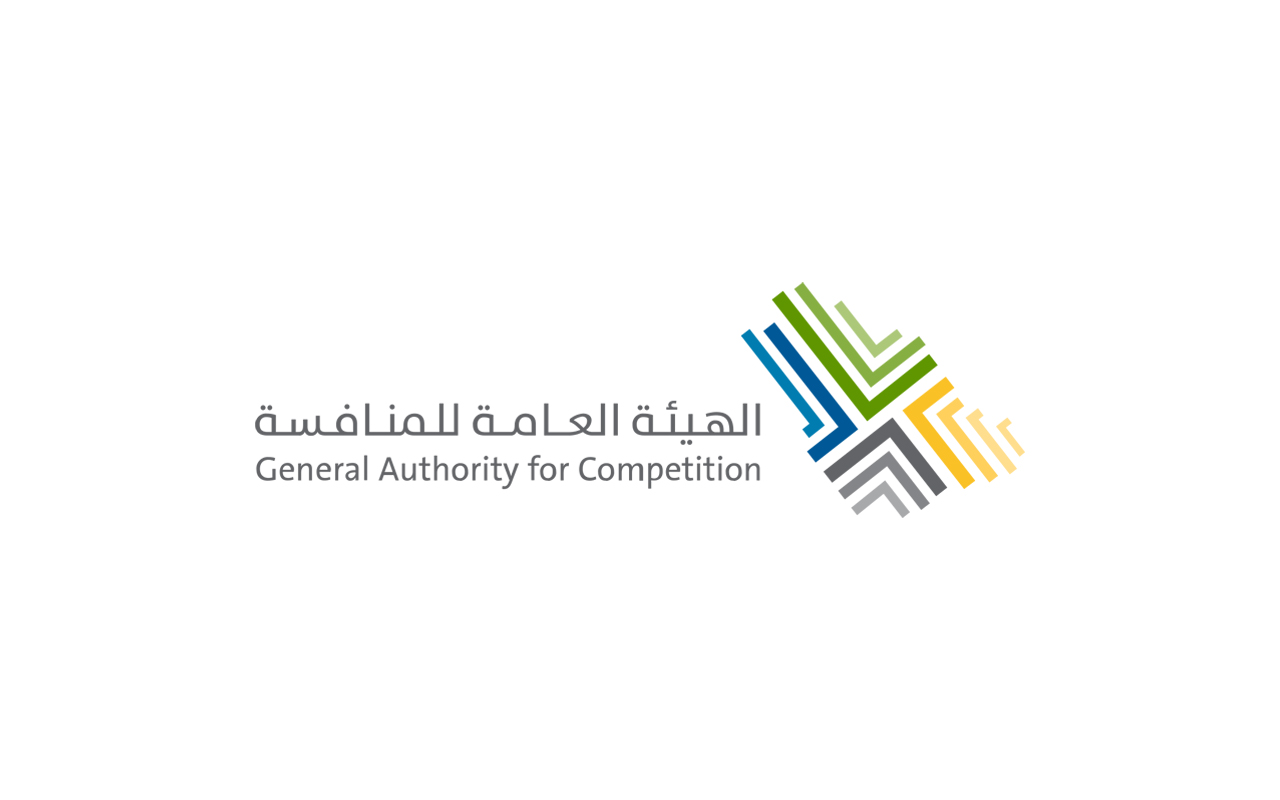General Authority for Competition
The General Authority for Competition is the entity supervising the implementation of the Competition Law and its Implementing Regulations in the Kingdom of Saudi Arabia. Its responsibilities include combating monopolistic practices that affect legitimate competition, promoting and protecting fair competition, preserving the competitive environment for the business sector in the local market, monitoring the market to ensure the implementation of fair competition rules, and issuing regulating rules and procedures.
Establishment
The Competition Protection Council is at the heart of the General Authority for Competition. In 2004, a Royal Decree was issued to endorse the Competition Law, which paved the way for the creation of the council. Subsequent Royal Orders were issued in succession until a resolution was passed in 2017, changing the designation from 'Council' to 'Authority' and approving the new Competition Law. In 2019, a Royal Decree was issued approving the new amended Competition Law.
The Competition Law serves as the legal framework for the General Authority for Competition's operations. Its provisions are applicable to all establishments within the Kingdom, except for public institutions and state-owned companies that have received government authorization to offer goods or services in a specific field. Additionally, activities conducted abroad that may have a detrimental impact on competition within the Kingdom are subject to the law. Prices for goods and services are determined in accordance with market rules and the principles of free competition, except in cases where pricing is established by a decision of the Council of Ministers or pursuant to specific law.
Tasks
According to the law, the General Authority for Competition carries out several roles and tasks, mainly issuing procedures and rules for monitoring the market to ensure fair competition, in addition to regulations for controlling violations of the law, and rules for preventing monopolistic practices. Moreover, the General Authority for Competition promotes the culture of competition, creates and updates a database, and gathers information on economic activity to achieve its goals. Its tasks also consist of approving draft plans, public policies, and competition laws, in addition to monitoring the market to ensure the implementation of fair competition rules, identifying activities excluded from the implementation of the provisions of the Competition Law, and deciding on economic concentration requests it receives.
The Competition Law defines economic concentration as any activity that results in the total or partial transfer of ownership of assets, rights, stocks, shares, or obligations of an entity to another, which would enable an entity or group of entities to gain direct or indirect dominance over another entity or group of entities. This can occur through merger, acquisition, ownership, or the combining of two or more departments under joint management, or by any means that leads to owning a market share amounting to 40 percent of the total supply of a commodity in the market.
Regulation
The General Authority for Competition has an independent legal personality and is financially and administratively independent. It operates with an annual budget allocated within the state budget. Any surplus in its financial resources is transferred to the Ministry of Finance after deducting all expenditures and other disbursements that the authority requires. The authority is linked to the Prime Minister and has a board of directors with a chairman who holds the rank of minister, appointed by a Royal Order. The executive management of the authority is under the responsibility of its governor, who is appointed to the excellent rank by a Royal Decree upon the nomination of the chairman. The authority runs its business from its headquarters in the capital, Riyadh. Its board of directors serves as the supreme authority overseeing its operations and management. Additionally, the board establishes the plans that the authority follows and enforces laws and regulations pertaining to competition while curbing monopolistic practices.
Services
The authority offers e-services to individual beneficiaries and the business sector, with the aim of raising the efficiency and quality of operations. These services include receiving complaints and reports, considering mergers and acquisitions, receiving exemption requests from system applications, facilitating settlement and reconciliation, reporting on an economic concentration, calculating financial considerations for economic concentration requests, and applying for scholarships and training programs.
In 2021, inspections of economic concentration (Mergers and Acquisitions) increased from 137 to 295 applications, marking a 115 percent surge. Notable, the most significant growth occurred within the manufacturing industries and wholesale and retail trade sectors. Additionally, activities related to research, investigation, and examination of potential violations of competition law and its implementing regulations also grew from 110 to 257 activities, representing a 133 percent increase.
